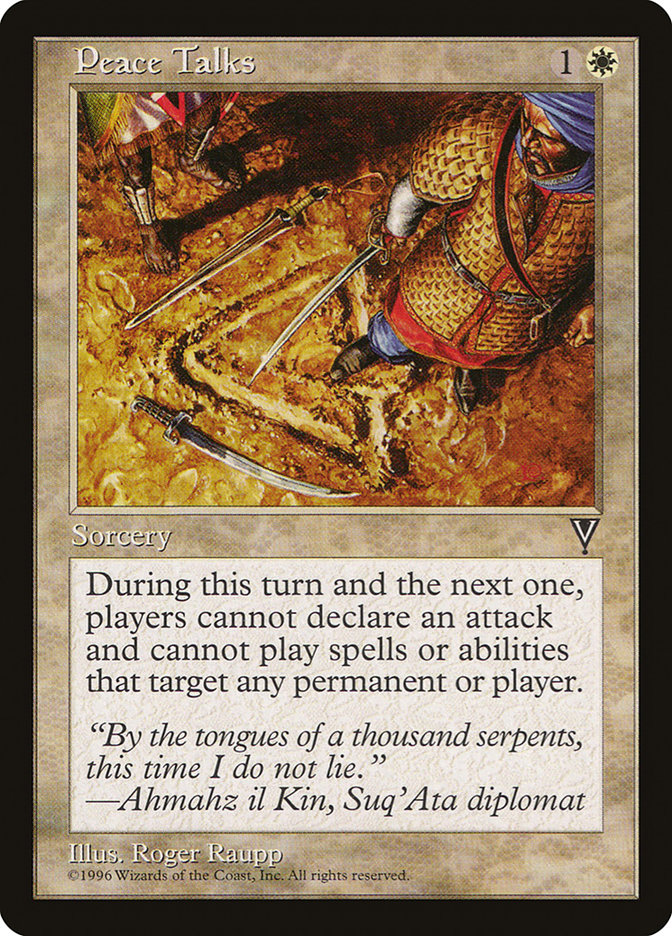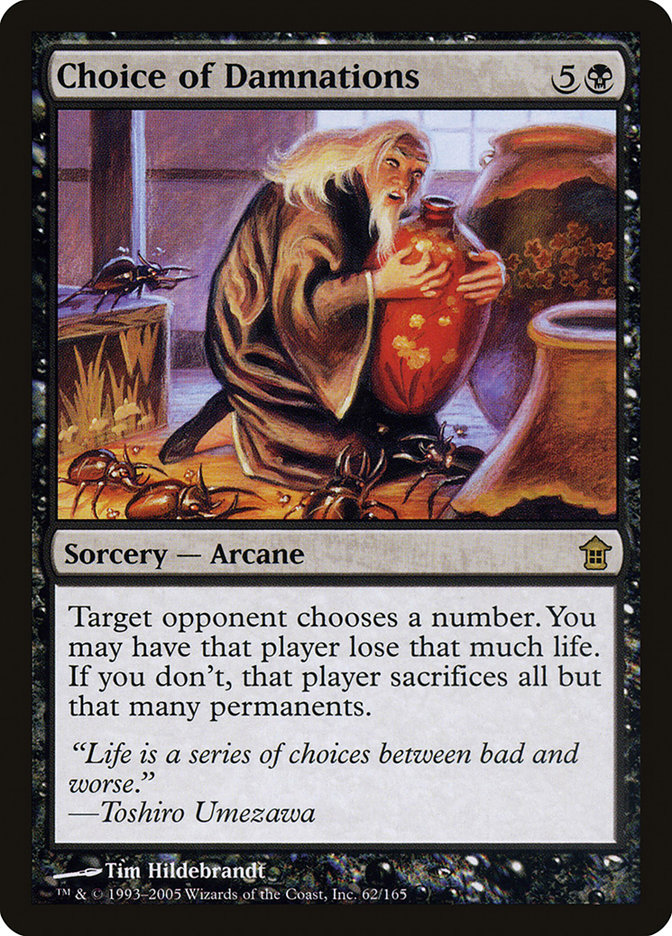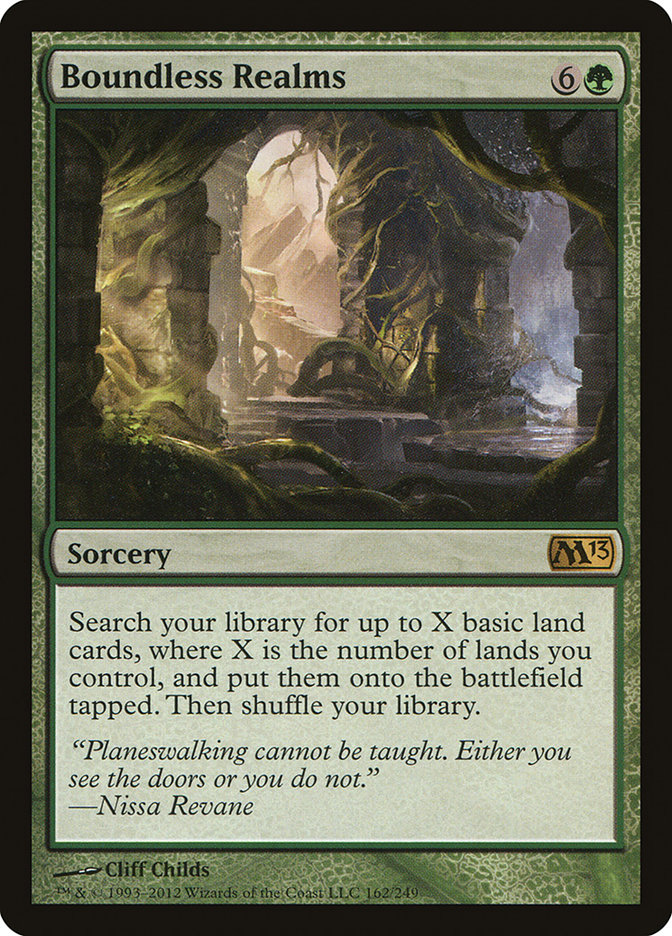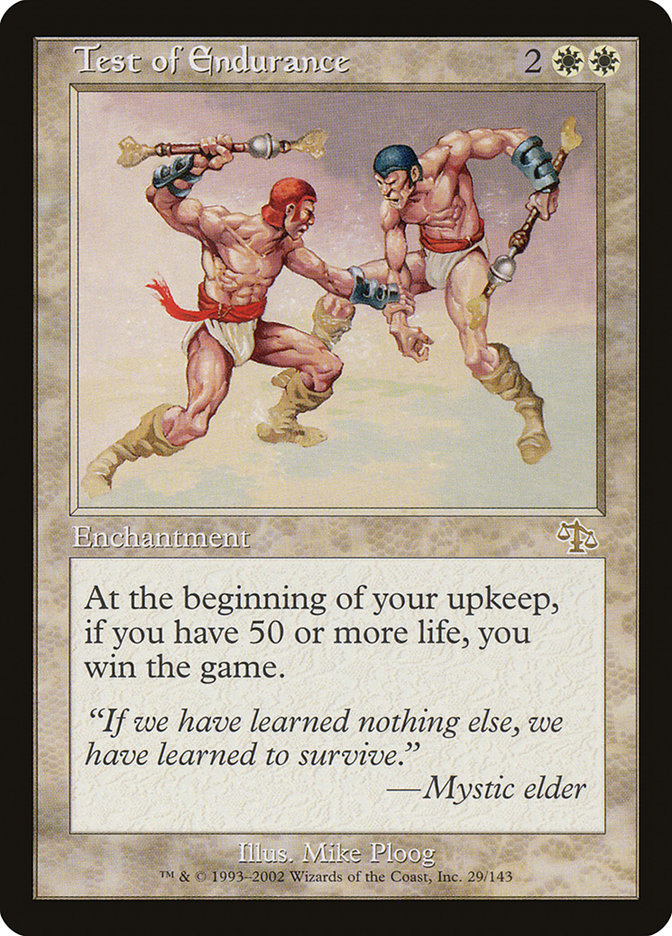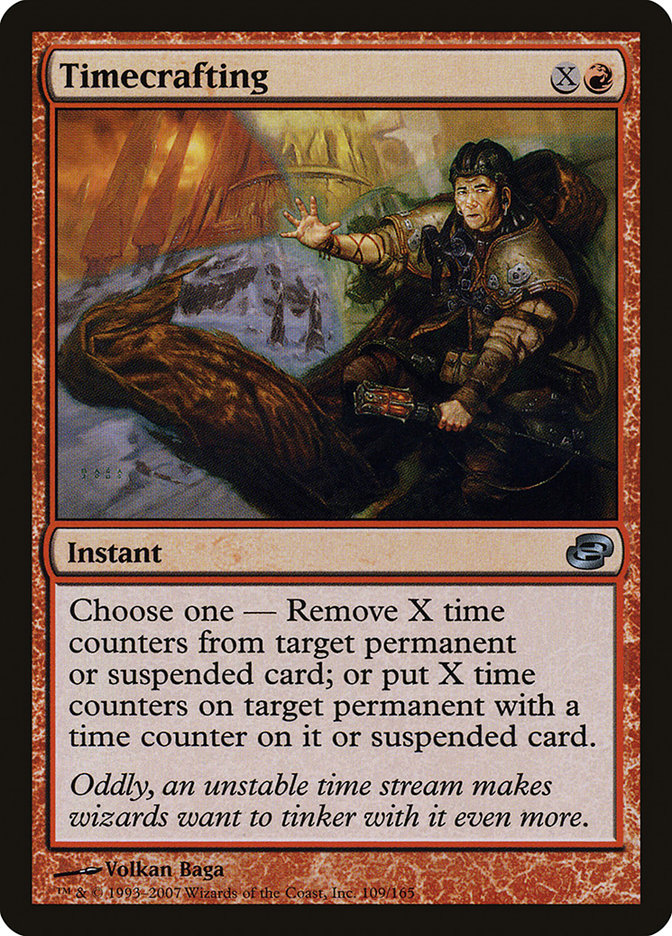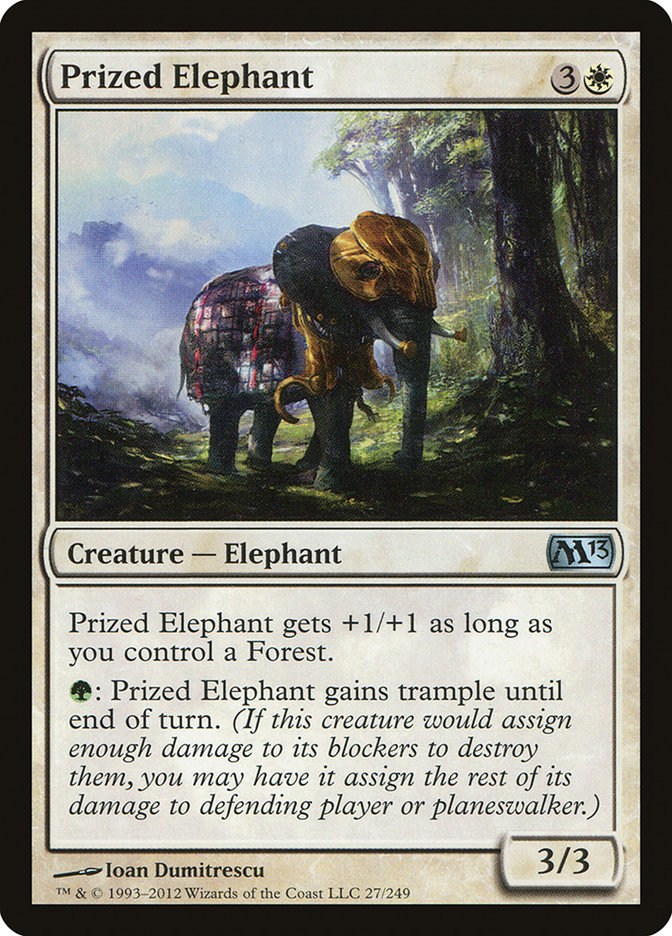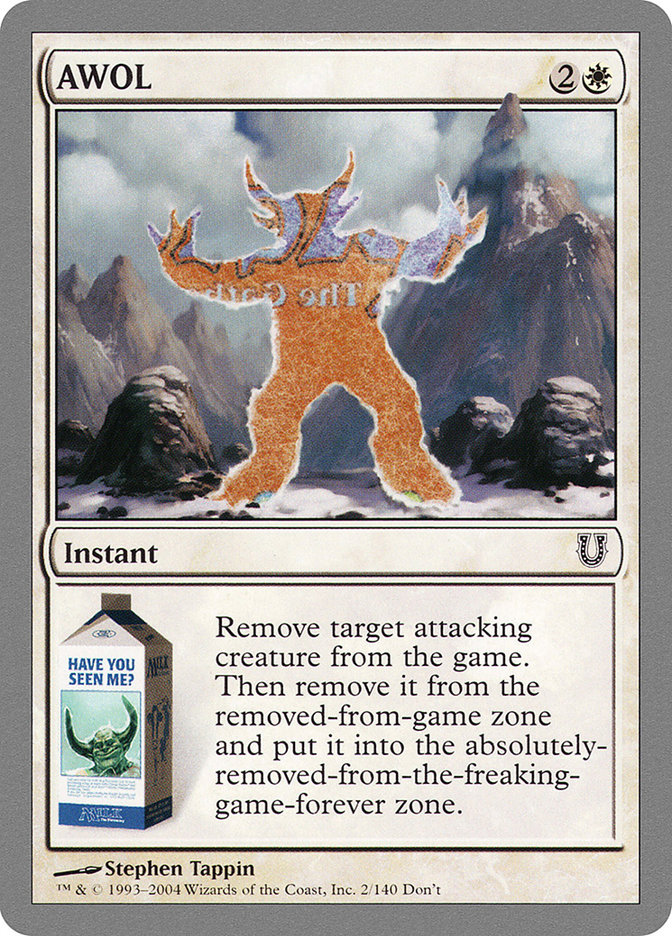Today I want to talk about the Social Contract. I’m presenting one method of tackling this topic today. Use what works best for your group.
The social contract is the glue that holds the whole format together, this huge cumbersome thing we have tons of discussions and debates about. But we can make it less cumbersome. How? We behave like scientists and provide an operational definition. In psychology, you cannot just test a concept. The concept needs an operational definition so that we have something specific to measure and compare to a control group. Then you compare your results against a null hypothesis to determine if the condition had a significant effect where p ≤ .05. Which basically means that you can say 95% of the time your condition impacts something a specific, measurable way.
Social contracts are almost always a set of unwritten rules built on emotions. I don’t like emotions. I like logic. By codifying and writing out the social contract, you remove a huge obstacle to determining what behaviors and deck capabilities are acceptable for your group by removing the emotions from it.
The challenge comes in avoiding having something like the Pirate’s Code used by Black Bart (Bartholomew Roberts) in his years as a pirate captain. We want something a little more engaging, and offers a little more choice.
Systemization
We want a point system to be a part of our social contract. A point system defines a lot of the social contract and provides incentive to play by the group norms so that everyone can enjoy the game. The main focus of the social contract is get everyone on the same page; we are looking to prevent game blowouts and boredom from misaligned expectations.
An unwritten social contract is a tricksy thing, like hobbits. The group can get on the same page after a few weeks or some superb communication. But having things on a cheat sheet greatly speed up the process. It is an even bigger boon to new players; when they arrive you can hand them the point sheet and explain it is a guideline for the types of games everyone wants to play.
Of course, before doing this you need to discuss things with your group. Walking in with a point system and demanding that everyone play by your rules is worse than a new player to the area jumping in for a game and blowing out the table. The new player didn’t know that extra turns were frowned upon or that an LGS doesn’t use the commander damage rule; that can be quickly worked through. But you know better, and you know your group. Demanding that they adhere to your rules and having no discussion about how a change could be useful is disrespectful.
You will also need to determine what system you use. The two biggest methods of tracking points are a spreadsheet that everyone uses to tally points or physical cards that award the points. These can be index cards or achievement cards printed on card stock. I personally lean towards the spreadsheets because it leaves a paper trail to track points. There are a lot of merits for both systems; use what works best for your group.
Creating Points
So we have an idea to use points to codify the social contract and the group is okay with trying this. What do we do next? The first thing is to check your bias. Everyone has a bias for what they enjoy, that is human. But you need to make sure that any point system you put forward is as balanced as you can make it for a variety of play styles.
Words of Caution
The next thing is to be very careful with any penalties. Rewarding points is a good incentive, but people are extremely sensitive to loss. Human psychology has a very strong loss aversion. We often prefer to avoid losses than attempt gains. This can create a huge rift in a playgroup with penalties. Even small ones appear to be massively detrimental.
I had this experience when I was creating a point system to use at an LGS. We had a -2 penalty for mass land destruction or for ruining a player’s manabase. Several players flipped out because they would lose two points for a Decree of Annihilation. However, we also had +2 points for each kill and +2 points for winning a game. That -2 in a four-player game was very little compared to the gains in a win. But the MLD-loving players were extremely agitated about this penalty. Meanwhile we had a -4 penalty for eliminating a player before their fifth turn, and that one was collectively met with agreement that we wanted to play, not shuffle, draw a few cards, and then shuffle up and look for a new pod.
Ramp is already rewarded in the format; you need to do very little to encourage players to ramp in Commander games. Giving a point for having over 10 lands is nifty, but you should expect a surge in green decks packing Genesis Wave and Boundless Realms. Having a huge land lead allows a player to play more Magic than everyone else, and you don’t need to reward that further.
You also need to watch out for overpowering combo decks. This one is very tricky to catch because the points are subtle for this. Rewarding a non-combat kill, eliminating every other player at once, winning the game, and drawing X number of cards in a single turn all appear to be good. If you award +2 points for a kill and +1 point for all those extras I just listed, an Arcanis the Omnipotent combo deck with Laboratory Maniac and Mind Over Matter can easily blast through the combo and earn ten points in a single turn off eliminations and a couple of bonuses. There will likely be more points that deck can snag along the way. Doing this as early as turn 5 or turn 6 is not uncommon at all.
Variety
You will want to give points for a variety of things. Taking out players, winning, and the basics are expected. Do you want to give a point to someone getting massive creatures? Make a point for Godzilla, something like a ten- or twenty-power creature. You can easily make a point for reaching a certain devotion number and call it Flush.
In one iteration I made a series of Pokémon Points, which rewarded having a certain number of artifacts, enchantments, planeswalkers, tokens, tribal creatures, and even generating a storm count. I wanted a lot of people’s styles to be encouraged.
Here is one of the last points systems I used.
Beyond rewarding a variety of conditions, your points should be altered in value to reflect their ease of accomplishing. Having five artifacts is pretty easy with mana rocks and a few Equipment; having an artifact, enchantment, creature, planeswalker, and a specialty land (defined by table) at one time is a lot trickier and worth more points. At one time, getting a lot of creature tokens was worth more points, but we adjusted it as token producers became more common at our tables.
Test Runs
You cannot blindly create a point system. You need input from your group and you need to test. Play a bunch of games with a bunch of different decks. Is the winner earning the most points? Do you want that or do you want to reward more things so that games aren’t about winning? If you do not test your system before putting it into practice, you are setting your group and yourself up to have less fun than you could. Your gut does not know how to make a good point system!
When you are testing, you should invite some people who are going to try to break the system. Playtesting for Magic tournaments finds good matchups and decks, while playtesting for video games finds glitches. We need to playtest more like video games. The playtests should help you identify points that may be too high, too low, or worded in a way that causes confusion.
After having friends, store owners, strangers, and players who don’t play Commander but feel compelled to give their opinion weigh in on your point system, it’s time to adjust. Hopefully the suggestions include some possible points that you didn’t include or little changes that will improve the whole system.
The other focus of the playtest is the intrusiveness of your system. You can have a simple system with very few awards or something really comprehensive like the achievements in video games. But the more comprehensive your point system is, the more intrusive it becomes in the game. Managing the line where it provides for a good experience without becoming a burden is something to balance for your group. But your system should never take away from the games you are playing. This relates to the individual achievements as well. Having to backtrack and double-check if someone earned a point is okay occasionally, but not what you want happening every game.
Leagues
Once you get a system tested, it is time to think about leagues. (Okay, you think about it before too, but work with me for the article flow.) You need to determine if you are going to create a league or have everything based on individual games. If you do utilize a league, you need to determine the timeline for the league. Will it be short or longer-running? A league will operate a little differently if it runs for several weeks, a semester, a single month, or longer timespan. The big issue is the spread between people doing well and those who are struggling. If you run a fifteen-week-long league, a player who earns five to ten points more than everyone else for the first few weeks will have an absolutely massive lead against the field when people start catching up.
After you determine a timeline, you must decide how decks are selected and how many games count. Many leagues do not lock players to a deck; they can simply play with whatever they want every game. Others will limit the options. This can be a single deck for the whole league, a set deck for each day, or a few decks that are registered for use in the league.
At the LGS we used an open system where anyone could play any deck they wanted. If I was using a league amongst just friends, then I would probably advocate that we all select just two decks to use. If we had further restrictions like color drafting, budgets, or themes, then we would only use the deck constructed for that specific style.
The number of games matters as well. At my LGS the Commander day is Sunday. If someone can only make it in the afternoon and every game counts for the league, then that person is far behind the players who can arrive as soon as the store opens. I recommend limiting how many games count, or setting a specific time for league games.
Prizes
The quickest way to destroy a healthy league structure is with prizes. To be fair, that is an exaggeration. But you should do everything you can to keep the prize structure flat. Very flat! Having excellent prizes available to only a few finishers significantly increases the competition, but not for good game play; it rewards players who do nothing but farm points by chasing the achievements and doing nothing else.
Your prize structure should encourage people to play well and to play to match your expectations. If you want to see Zur the Enchanter; Narset, Enlightened Master; Arcanis the Omnipotent; Maralen of the Mornsong; or Azusa, Lost but Seeking, then go with a heavy prize structure. If you want to see more casual games, you’ll need to go flatter. If the prizes aren’t flat, the desire for expected value from events starts to take over. Do what works best for your group, but be aware of what the incentives will do for the level of competition.
Absences
Life happens, and people miss events. You need to have a plan for absences. The easiest thing to do is set a limit on how many games or weeks count for the league. For example, if you have a league running for eight weeks, maybe only the best six weeks will count. This gives players two weeks to miss or two weeks to try out strange decks that might not work as well as they hoped.
Transform and Rollout
Your system and achievements will vary for your group. I provided an example and you can easily search forums for other options and examples. How do you think a points system should be used? How would you design it? How do you codify your social contract?


